Chemicalrecycling PETBottle Nonwovenfabric 24-04-2021 - Arhive
Chemicalrecycling PETBottle Nonwovenfabric
-Carbios and Michelin collaborate to create 100% sustainable tires
CARBIOS and MICHELIN have taken a major step towards developing 100% sustainable tires, a news release.
Michelin has successfully tested and applied Carbios’ enzymatic recycling process for PET plastic waste, in order to create a high tenacity tire fibre that meets the tire-giant’s technical requirements.
Enzymatic recycling: a revolutionary process
Carbios’ enzymatic recycling process uses an enzyme capable of depolymerizing the PET contained in various plastics or textiles (bottles, trays, polyester clothing, etc.). This innovation allows infinite recycling of all types of PET waste. It also allows the production of 100% recycled and 100% recyclable PET products, with the same quality as if they were produced with virgin PET.
The application of PET enzymatic recycling in car tires: a world first
Conventional thermomechanical recycling processes for complex plastics do not achieve the PET high-performance grade required for pneumatic applications. However, the monomers resulting from Carbios’ process, which used colored and opaque plastic waste such as bottles, once repolymerized in PET, made it possible to obtain a high tenacity fibre meeting Michelin’s tire requirements.
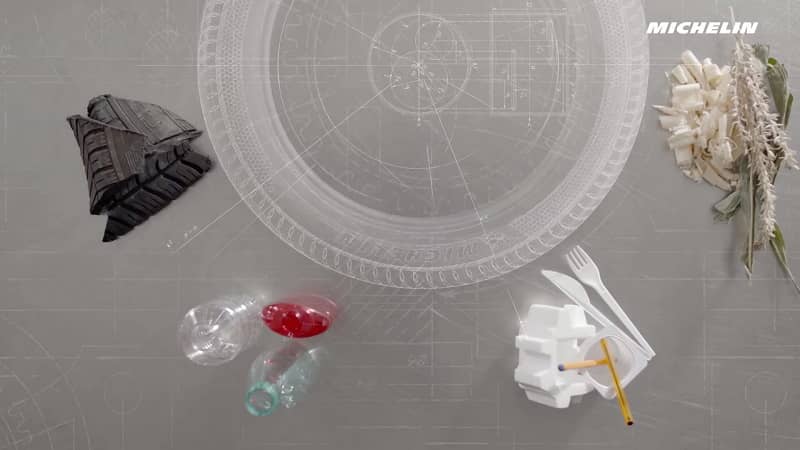
-American Kraton has developed a polymer against coronavirus
The American company Kraton has announced that the US Environmental Protection Agency (EPA) has granted an emergency exemption for the use of its new sulfonated polymer, which rapidly inactivates the coronavirus, said the company.
The Environmental Protection Agency has issued an emergency permit for the use of the polymer in the states of the United States, Georgia, Utah and Minnesota for specific applications to protect against the COVID-19 virus. American Delta Airlines will be the first to use this material in these states. Chemicalrecycling PETBottle Nonwovenfabric
The material is solid but transparent and can provide long-term antimicrobial protection to surfaces with the ability to kill up to 99.99% of the COVID-19 virus in a laboratory setting. The company named this polymer line BiaXam. According to the specialty polymer manufacturer, BiaXam can provide continuous protection for up to 200 days, depending on use and cleaning methods.

-Dow and Mura Technology partnered to help keep plastic waste out of the environment
Dow and Mura Technology partnered to help keep plastic waste out of the environment, said Hydrocarbonprocessing. Chemicalrecycling PETBottle Nonwovenfabric
The collaboration will support the rapid scaling of Mura’s new HydroPRS (Hydrothermal Plastic Recycling Solution) advanced recycling process aimed at preventing plastic and carbon from entering the natural environment while creating the feedstocks for a sustainable, circular plastics economy.
The deal marks an important step in Dow’s commitment to advance a circular economy for plastics and keep plastic waste from entering the environment. The partnership combines Dow’s materials science capabilities, global scale and financial resources with Mura’s leading technology, to produce the circular feedstocks which are then converted into the recycled plastics that consumers and global brands are increasingly seeking.
Mura’s proprietary solution, HydroPRS, is a revolutionary advanced recycling process that uses supercritical steam to convert plastics back into the chemicals and oils from which they were made, for use in new, virgin- equivalent plastic products. HydroPRS can recycle all forms of plastic – including multi-layer, flexible plastics used in packaging, which are currently harder to recycle and often incinerated or sent to landfill.
Importantly, the plastics produced using these recycled products are expected to be suitable for use in food- contact packaging, unlike most conventional recycling processes. With Mura’s process there is no anticipated limit to the number of times the same material can be recycled – meaning it has the potential to significantly reduce plastics being used once and make the raw ingredients for a circular plastics economy. In addition, advanced recycling processes are expected to save approximately 1.5 tonnes of CO2 per tonne of plastic recycled, compared to incineration of unrecycled plastics.
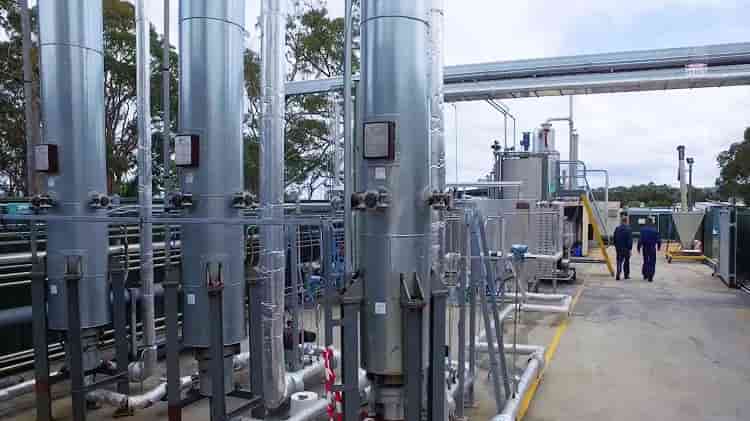
-Global oil demand to peak in 2026
The rapid adoption of electric vehicles (EV) around the world will probably cause global oil demand to peak two years earlier than previously expected, Norway’s biggest independent energy consultancy Rystad said.
World demand is now seen peaking at 101.6 million barrels of oil per day (bpd) in 2026, down from a forecast made in November of a peak in 2028 at 102.2 million bpd, Rystad Energy said. Chemicalrecycling PETBottle Nonwovenfabric
“The adoption of electrification in transport and other oil-dependent sectors is accelerating and is set to chip away at oil sooner and faster than in our previous forecast,” Rystad wrote.
Before the outbreak of the COVID-19 pandemic in early 2020, Rystad had anticipated that peak oil demand would be reached in 2030 at 106 million bpd.
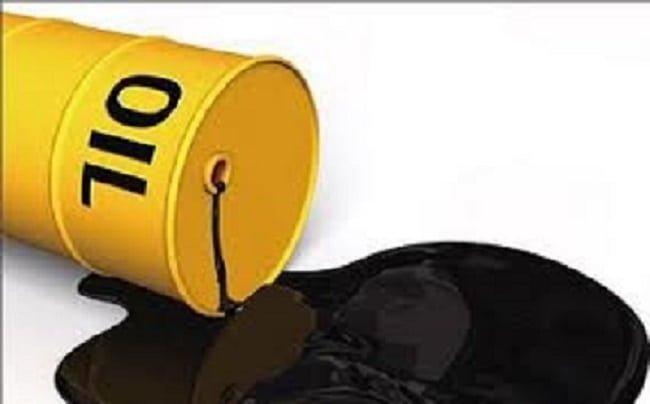
-Bullish and bearish factors analysis for ACN market
In late Apr, China acrylonitrile offers move up due to slightly tight spot availabilities and anticipation of not low settlement prices for Apr. Therefore, market players hold looking-on mood towards the May price direction, and with the bearish and bullish news, the price direction is hard to predict. Chemicalrecycling PETBottle Nonwovenfabric
For the bulls: 1. The settlement price for Apr is anticipated to be not low, and market prices climb up somewhat. 2 South Korean Tongsuh Petrochemical is planning to shut its 265kta No. 4 ACN plant at Ulsan on May 10 for 30 days of planned turnaround; Japan’s Asahi Kasei plans to shut its 200kta ACN unit in May-Jun at Mizushima. 3. PetroChina Jilin’s 452kta unit plans to shut in late May for maintenance, which may last till early Jul. 4. Acrylic fiber plant operating rate is cut largely in Apr, and players expect that the operating rate may recover somewhat in May.
For the bears: 1. There is still downward space for ACN on concern about its considerable profits. 2. Downstream acrylic fiber and AM sales are unfavorable, and acrylic fiber market lacks support after stepping into slack season. 3. It is heard that Zhejiang Petrochemical Phase II ACN unit will start up in Jun at the earliest, which will dampen the market sentiment in May. 4. Trading time shortens somewhat in May due to the five-day long May Day holiday.
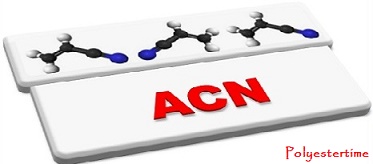
-99.84 % protection against SARS CoV-2 on textiles thanks to Sanitized® T 99-19
Burgdorf/CH, 22 April 2021: The antimicrobial protection of Sanitized® T 99-19 is valued by textile manufacturers worldwide. Now the product’s nearly 100 % efficacy against the SARS-CoV-2 virus has been confirmed by independent labs in France (basis: ISO 18184:2019). Chemicalrecycling PETBottle Nonwovenfabric
Textile and polymer products with Sanitized® antimicrobial treatment have been used in hygiene-sensitive areas for many years. For textiles, Sanitized® T 99-19 is a patented technology based on a silane-ammonia compound, a globally proven product. Its hygiene function is used in workwear and protective clothing for nursing staff, bed linen or mattresses in hotels, nursing care facilities and hospitals. Polyester goods for precisely these areas of application can now not only be antimicrobial, but also reliably protective against SARS CoV-2. The antiviral efficacy (99.84 %) of the Sanitized® T 99-19 product has been officially confirmed by tests conducted by external labs. “This excellent antiviral test result of our particle and metal-free Silane Quat technology, achieved on the basis of a standardized and reproducible test method, meets the expectation of our customers and the market.
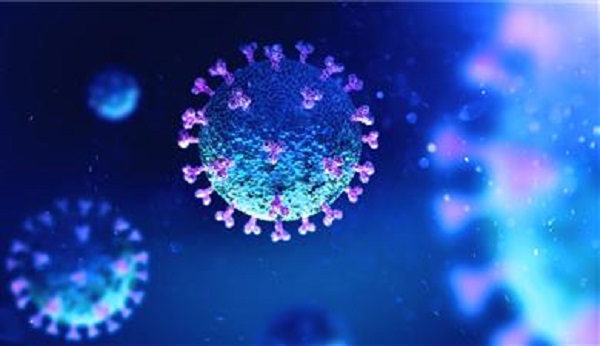
-Maire Tecnimont to develop a new bio-degradable polymer plant in Tatarstan
Maire Tecnimont’s subsidiaries NextChem and MET Development have signed an MoU with MC TAIF JSC (TAIF) to co-develop a new bio-degradable polymer plant in the Republic of Tatarstan (Russian Federation), using NextChem’s know-how and MET Development’s project development capabilities, said Hydrocarbonprocessing.
TAIF is the largest industrial investment company in Tatarstan, engaged in Oil and Gas, Chemistry, Petrochemistry and Energy. Under the agreement, TAIF and Maire Tecnimont Group’s subsidiaries will jointly assess and evaluate the biopolymer plant opportunity in order to establish the fundamentals of the joint development collaboration between the Parties.Chemicalrecycling PETBottle Nonwovenfabric
NextChem will be selected to provide its expertise and know-how to carry out the FEED (Front End Engineering Design) and EPC activities for the realization of the biopolymer plant. Maire Tecnimont Group will bring technological solutions and the best know-how for project development and execution, relying on its portfolio of technologies as well as its strong capabilities as an end-to-end developer of large-scale complex projects.
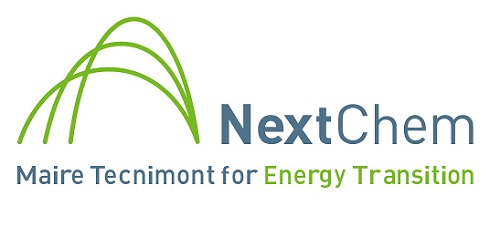
-Hyosung nurtures recycled fiber business, leadership program
Hyosung Group is pushing to rev up its eco-friendly fiber business, seen as its next growth engine, amid growing global awareness toward sustainable development.
The conglomerate is also bolstering leadership training programs while enhancing cooperation with its partners, many of them small- and medium-sized enterprises (SMEs), as part of efforts for co-prosperity in the pandemic era.
All these measures are in accordance with environmental, social and corporate governance (ESG), which has emerged as a keyword for Korean enterprises in their drive for sustainable growth. Chemicalrecycling PETBottle Nonwovenfabric
The eco-friendly fiber business is managed by the group’s affiliate Hyosung TNC. It manufactures nylon, polyester and spandex, all made out of recycled plastic bottles, under the brand Regen.
Last year, Hyosung TNC launched a joint project with Jeju Special Self-Governing Province, bottled water brand Jeju Samdasoo and global outdoor brand The North Face.
Under the project, Jeju Samdasoo supplies its used bottles to Hyosung TNC, which uses them to manufacture its Regen Jeju fiber, which is then supplied to The North Face.
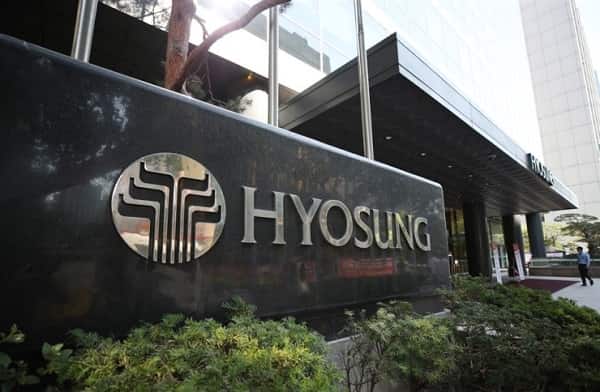
-BPF: Chinaplas 2021 Post-show Report
The British Plastics Federation (bpf) provides you with a post-show report from Chinaplas 2021, which took place last week.
The Chinaplas 2021 exhibition took place on the 13-16 April, with 152,134 visitors, 2,363 of which were from overseas. The trade fair took place at the Shenzhen World Exhibition & Convention Center and was the first time it had taken place in Shenzhen (instead of Guangzhou). Chemicalrecycling PETBottle Nonwovenfabric
The event covered 350,000 square meters, featured over 3,600 exhibitors, nine country pavilions and had over 3,800 machines on display. The British Pavilion comprised four companies with stands manned by their local representatives. These were: Atlas Converting Equipment, Meech International, Nextool and Rapidflame.
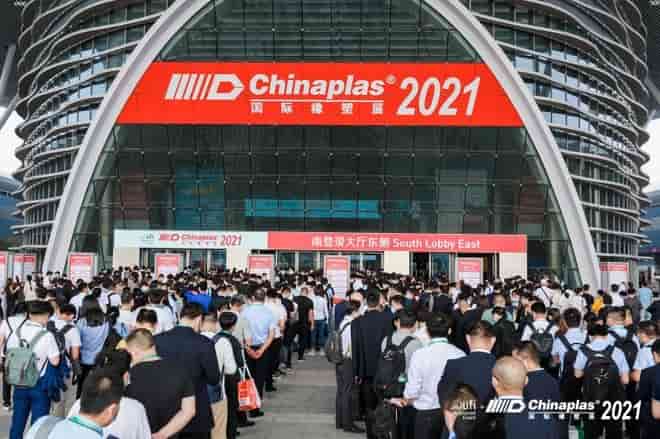
-Viscose and lycoell to avoid SUP rulings
The latest news emerging from the European Commission suggests that viscose and lyocell based fibre products have been determined to not be chemically-modified and therefore will not be included in the coming European Union Single-Use Plastics Directive. Chemicalrecycling PETBottle Nonwovenfabric
If confirmed, with the official pronouncement expected in May, the news will be well received by the nonwovens industry which is facing pressure to develop more sustainable products to help reduce plastic waste.
For single use products, the revised definition of ‘plastic’ in the European Commission’s new Directive on the reduction of the impact of certain plastic products on the environment, is presenting a major challenge, and is already leading to product design changes. Only polymers made from natural polymers that have “not been chemically modified” fall outside the Commission’s definition.
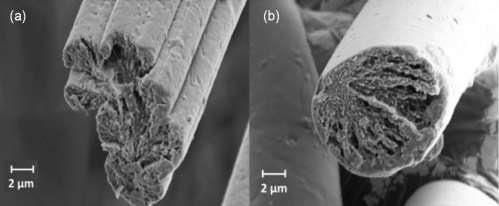
Chemicalrecycling PETBottle Nonwovenfabric
